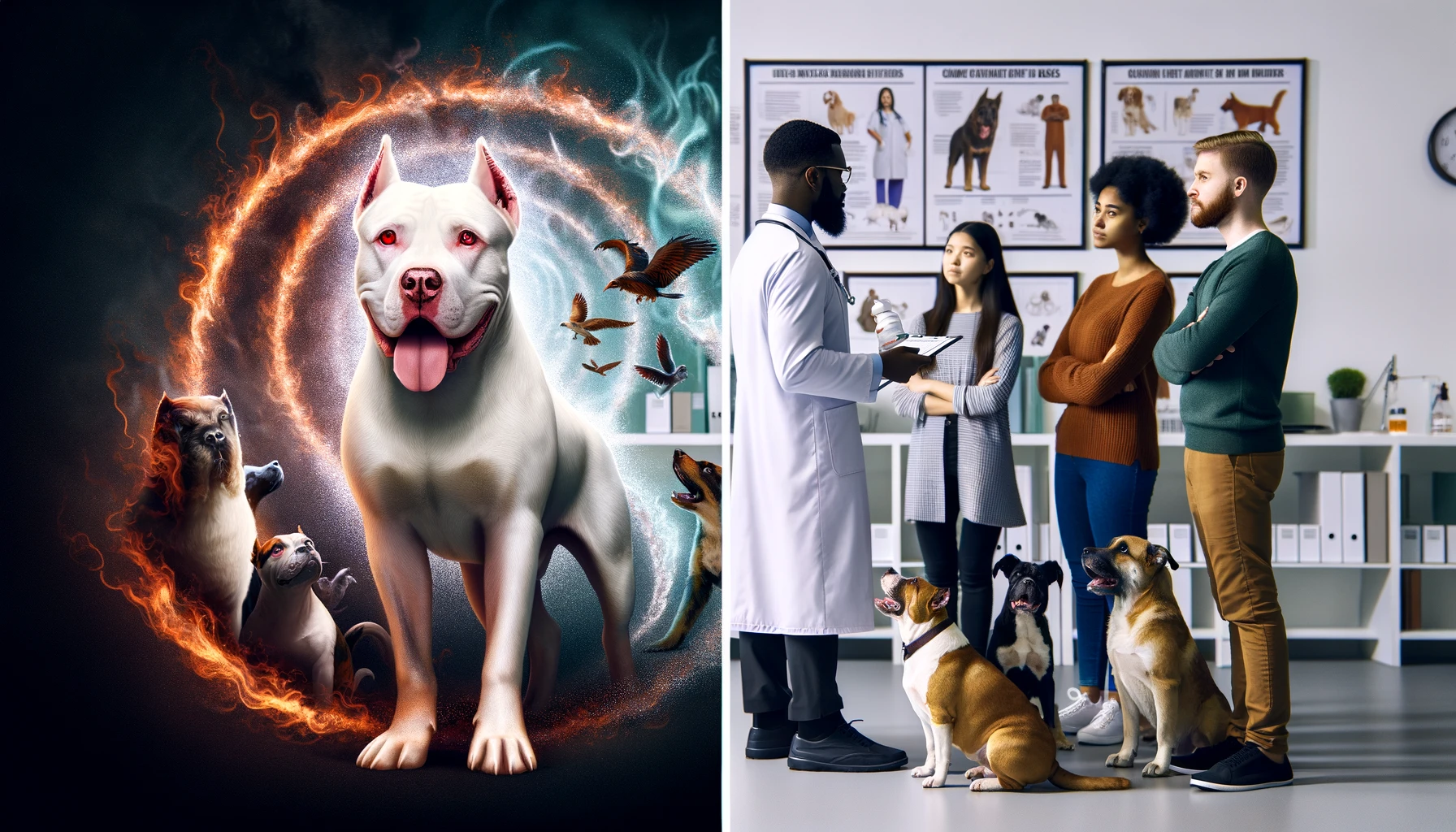Introduction
Albino Pitbulls, In the vast realm of pets and animals, certain misconceptions and unusual facts often capture our attention. This article delves into the intriguing world of dogs, dispelling myths about their hygiene, exploring the use of Albon for dogs, and even taking a detour into the realm of unique pets like the albino pitbull and albino corn snake.
Dispelling Myths: A Dog’s Mouth is Cleaner than a Human’s
The notion that a dog’s mouth is cleaner than a human’s is a common belief. While it may be tempting to think of your furry friend’s mouth as a pristine haven, the reality is a bit more nuanced. A dog’s mouth does contain antibacterial properties that help prevent infection, but it is not inherently cleaner than a human’s.
Dogs use their mouths for various activities, including eating, grooming, and exploring their surroundings. This can expose them to bacteria and germs. Moreover, dogs are known to engage in behaviors like licking themselves or other animals, which can introduce additional bacteria into their mouths.
Understanding Albon for Dogs
Albon, a medication primarily used in veterinary medicine, plays a crucial role in treating certain infections in dogs. The active ingredient, sulfadimethoxine, is effective against a range of bacteria and protozoa. Veterinarians commonly prescribe Albon for dogs diagnosed with conditions such as coccidiosis, a parasitic infection affecting the intestines.
Coccidiosis is prevalent in young puppies and dogs with weakened immune systems. Albon works by inhibiting the growth of the parasites responsible for the infection. It is essential to administer the medication as prescribed by a veterinarian and to complete the full course, even if the dog’s symptoms subside.
The Controversial Aspect: A Dog Cumming
Addressing the topic of a dog cumming may be uncomfortable for some readers, but it is crucial to approach it with sensitivity and responsibility. Canine reproduction is a natural aspect of their biology, and understanding it is essential for responsible pet ownership.
Breeding should always be done ethically and responsibly, with the well-being of the animals in mind. Uncontrolled breeding can lead to overpopulation, contributing to the number of animals in shelters. It is advisable to consult with a veterinarian or a professional breeder if you are considering breeding your dog.
Unusual Pets: Albino Pitbulls and Albino Corn Snakes
Albino animals, characterized by a lack of pigmentation in their skin, fur, or scales, often captivate pet enthusiasts. The albino pitbull, with its striking white coat and unique appearance, is a variant of the traditional pitbull breed. While their appearance may differ, albino pitbulls share the same traits and characteristics as their pigmented counterparts.
Similarly, albino corn snakes are a captivating choice for reptile enthusiasts. These non-venomous snakes display a range of colors, including red, orange, yellow, and white. The absence of melanin in their scales gives them a mesmerizing appearance, making them popular among snake enthusiasts.
Conclusion
In the diverse world of pets and animals, it is essential to separate fact from fiction and approach every aspect of pet care with responsibility and awareness. The belief that a dog’s mouth is cleaner than a human’s is a common myth, and understanding the reality is crucial for promoting proper hygiene and care.
Albon for dogs serves as a valuable tool in veterinary medicine, aiding in the treatment of specific infections. Responsible pet ownership involves being aware of your pet’s health needs and seeking professional guidance when necessary.
Lastly, the allure of unusual pets like albino pitbulls and albino corn snakes adds a fascinating dimension to the world of animal companionship. Choosing a pet should always be a well-informed decision, considering factors such as the pet’s needs, your ability to provide care, and the ethical considerations surrounding breeding.
By staying informed and approaching pet ownership with care and responsibility, we can create a harmonious and healthy environment for our furry and scaly companions.

